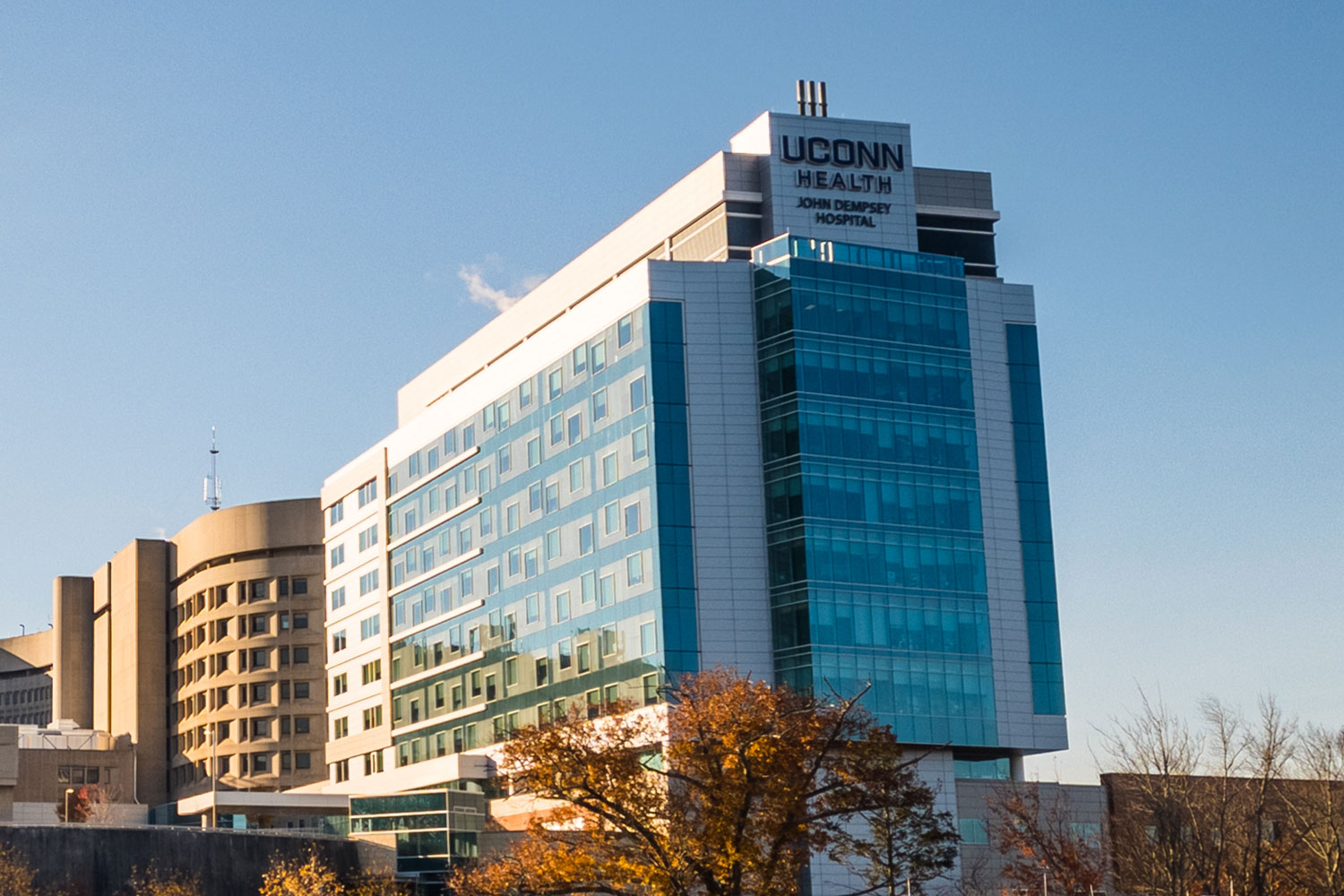
In 2009, the government of Puerto Rico mandated that its citizens apply for new, more secure birth certificates that would offer better protection from identity theft and fraud.
This action, though it was intended to solve an ongoing problem, also created a new one: getting the word out to the thousands of Puerto Rican citizens living in the United States whose birth certificates were set to expire this fall.
UConn political science professor Charles Robert Venator Santiago has been helping the state’s Latino and Puerto Rican Affairs Commission (LPRAC) spread the word to the Puerto Rican community in Connecticut.
The deadline to apply for the new certificate, which has been extended more than once, was Oct. 30. After that date, the old birth certificates will be invalid.
Venator Santiago, a faculty member of the UConn Institute for Puerto Rican and Latino Studies in the College of Liberal Arts and Sciences, has spent years researching the issue of Puerto Rican citizenship and is in the midst of writing a book on the subject.
He says Connecticut was one of the few states, if not the only state, to mount a focused public information campaign on this issue. “There was a pressing need for every Puerto Rican citizen to obtain new documents, and educating the community about the need and the process was essential.
“There’s a lot of history behind the question of Puerto Rican citizenship, and we saw a good deal of confusion and misinformation in the Puerto Rican community over this issue,” says Venator Santiago. “Part of the commission’s challenge was really separating fact from fiction.”
Venator Santiago began to work with the LPRAC in 2007 when he joined the !Su Voto Si Cuenta! Latino voter registration initiative organized by the Secretary of the State’s office and the commission.
In 2009, he helped write an analysis of the Latino National Survey for Connecticut. During that project, when the commission learned that he was working on a book regarding the extension of U.S. citizenship to Puerto Rico, he was asked to write a short history that could be used in their birth certificate campaign.
In September, he attended a press conference organized by the commission with Bridgeport Mayor Bill Finch and state Rep. Andres Ayala to kick-off the public information campaign.
“My role was to provide the academic and historical context on the topic through the research,” says Venator Santiago. “I wanted to help the commission contextualize the current policy debates within the existing research on the subject.”
Venator Santiago was also recently approached by the commission’s executive director to develop a report identifying state experts and resources regarding the achievement gap between Latinos and other students in Connecticut schools. He is scheduled to participate in a roundtable discussion on the issue at the Legislative Office Building in December.
“One of the basic goals is to foster a link between the Institute for Puerto Rican and Latino Studies and community organizations,” says Santiago. “I’m focused on fostering the law and policy initiatives in the community within the institute.
“Working on these issues has been a pleasure,” he adds. “It’s really a great opportunity to take academic research and apply it in the field of public policy, both to provide context and help create solutions to the challenges the state and the Latino community face.”


